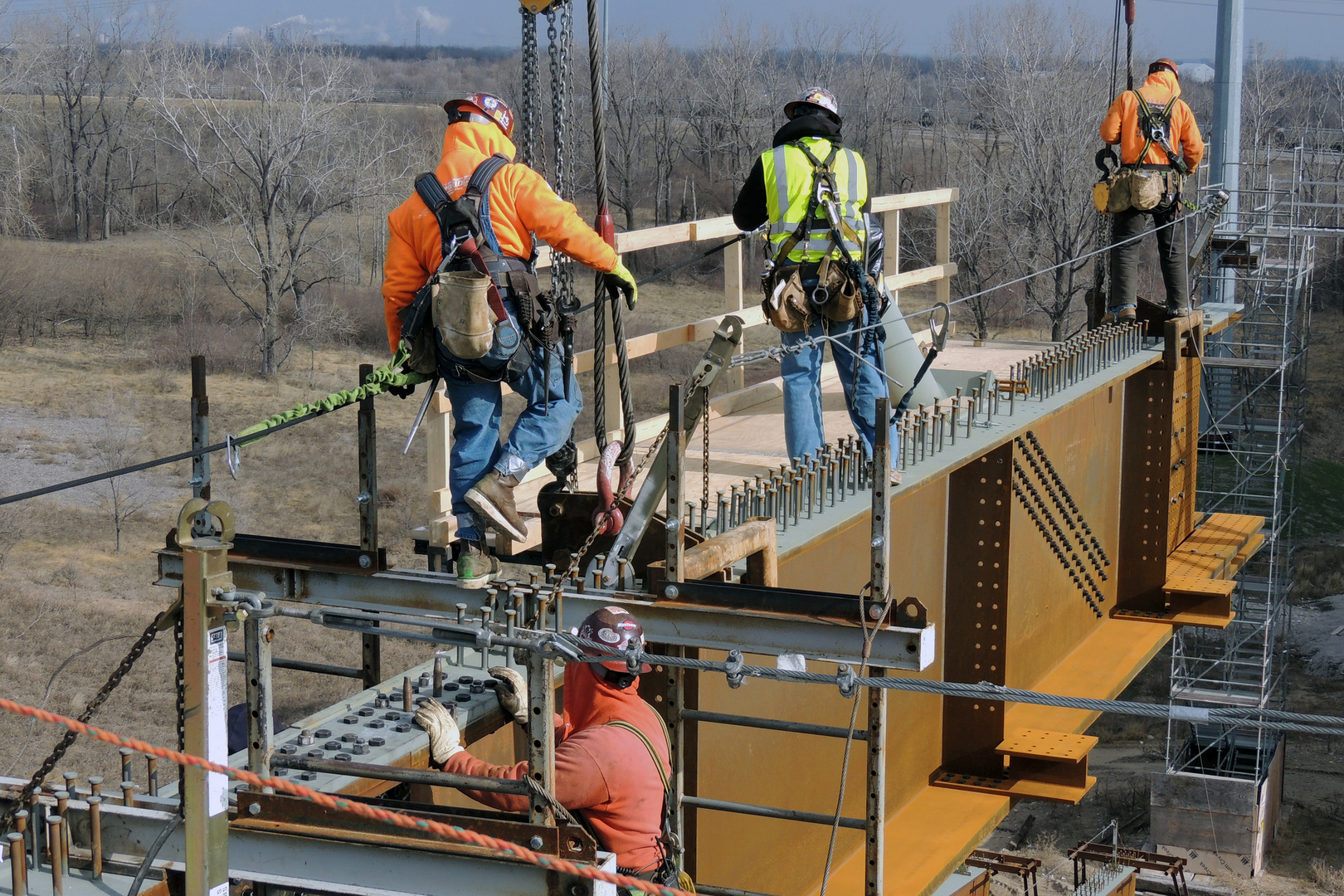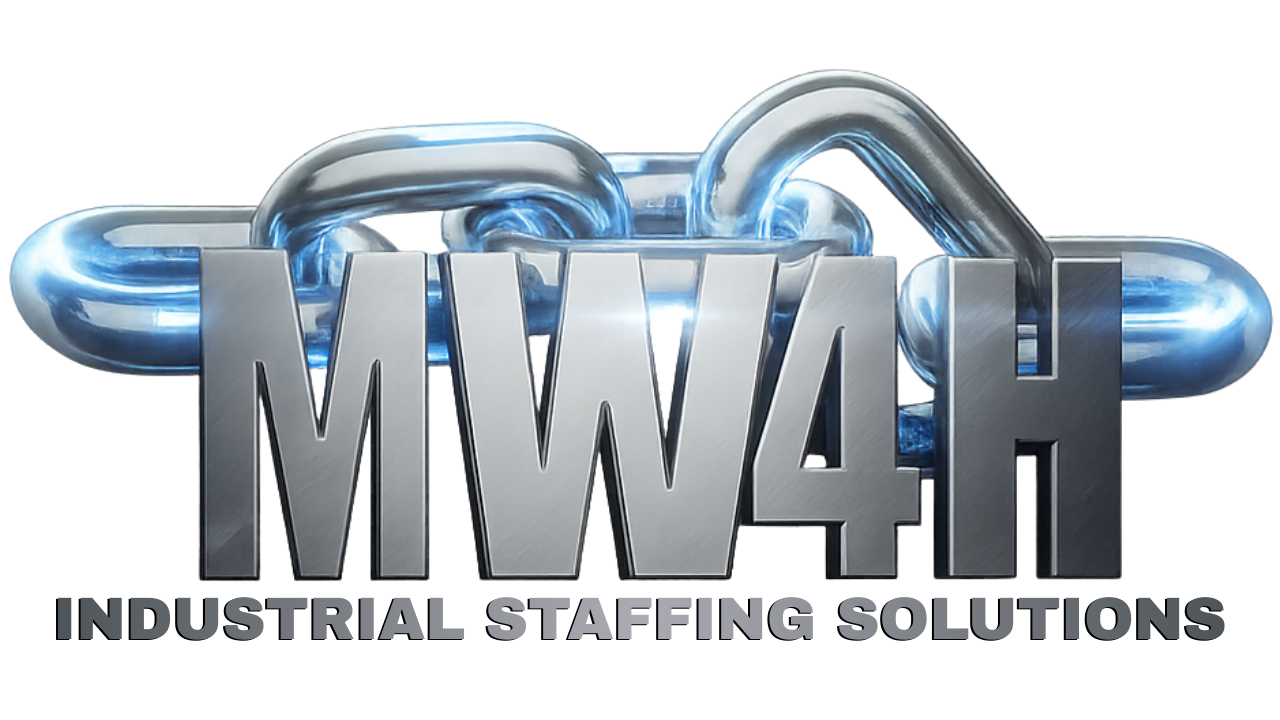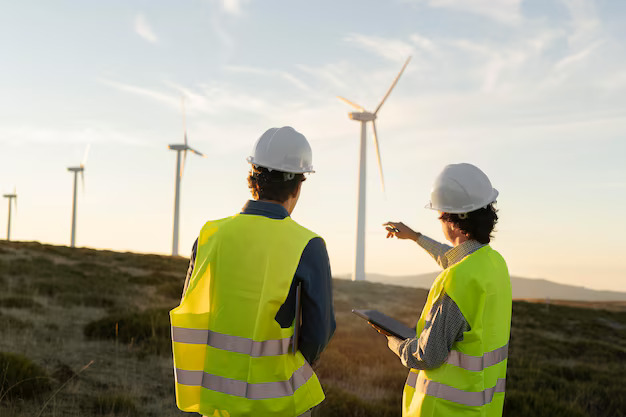Wind Energy Staffing for Storage & Grid Integration: Addressing Future Needs
The renewable energy sector is undergoing a rapid transformation, driven by both technological advancements and increasing global demand for cleaner, more sustainable energy sources. Among the various renewable technologies, wind energy stands out as a key player in the shift toward greener energy solutions. As the industry continues to grow, however, there is a critical need for highly specialized roles that ensure the efficient storage of wind-generated energy and its integration into existing power grids. To meet this demand, staffing agencies have a pivotal role in recruiting the right talent for energy storage and grid integration positions, shaping the future of the wind energy landscape.
The Growing Need for Energy Storage and Grid Integration in Wind Energy
Wind energy has made tremendous strides in recent years, with increasing numbers of wind farms being built both onshore and offshore. However, one of the major challenges of wind energy, as with other renewable sources, is its intermittent nature. Wind doesn’t always blow when energy is needed, and this variability can create imbalances between electricity supply and demand. To address this issue, efficient energy storage solutions and seamless grid integration are required.
Energy storage systems (ESS), such as batteries, pumped hydro storage, and compressed air energy storage, are designed to store excess wind energy when supply exceeds demand and then release that energy during peak periods or when wind generation is low. These systems allow for a more stable and reliable energy grid by ensuring that wind energy can be used even when the wind isn’t blowing.
Grid integration involves connecting the power generated from wind farms to the electricity grid, ensuring that energy can be distributed to consumers efficiently. Integrating renewable energy into existing grids presents its own set of challenges, such as managing fluctuations in energy production, balancing supply with demand, and maintaining grid stability. Additionally, as wind energy generation increases, it can strain aging grid infrastructure that was not designed to accommodate large amounts of intermittent renewable power.
As wind energy plays an increasingly important role in the global energy mix, the need for specialized talent in energy storage and grid integration grows. Staffing agencies are responding to this demand by focusing on recruiting professionals with the skills and expertise required to meet these challenges.
Specialized Roles in Energy Storage and Grid Integration
Staffing agencies are now looking for a range of specialized positions that focus on energy storage and grid integration. These roles require a combination of technical expertise, project management skills, and a deep understanding of the challenges associated with integrating renewable energy into modern power grids. The following are some of the key positions that are currently in high demand:
- Energy Storage Engineers and Technicians:
Energy storage engineers are responsible for the design, implementation, and maintenance of energy storage systems. These engineers work closely with other teams to ensure that storage systems are optimized for the specific needs of wind energy projects. Technicians, on the other hand, assist in the installation and maintenance of these systems, ensuring they function smoothly and efficiently over time. - Grid Integration Engineers:
Grid integration engineers focus on designing and implementing the infrastructure needed to connect renewable energy sources, like wind farms, to the electricity grid. They need a strong understanding of electrical systems and grid stability, as well as the ability to develop solutions that mitigate issues like voltage fluctuations and load balancing. These professionals often work with utilities and grid operators to ensure that the power generated by wind farms can be reliably transmitted to consumers. - Energy Systems Analysts:
Energy systems analysts play a crucial role in forecasting energy demand and supply. In the context of wind energy, they analyze how different storage technologies can help smooth out the variability of wind generation. These professionals use data modeling and simulation tools to predict energy production patterns and determine the most effective storage solutions for different wind energy projects. - Renewable Energy Project Managers:
Project managers are responsible for overseeing the entire lifecycle of wind energy storage and grid integration projects. From initial planning and budgeting to execution and commissioning, project managers ensure that projects are completed on time and within budget. They also coordinate with various stakeholders, including engineers, utility companies, and regulatory bodies, to ensure that the project meets all technical, environmental, and legal requirements. - Operations and Maintenance Managers:
Once wind energy storage systems are up and running, operations and maintenance managers ensure that they continue to operate efficiently. They are responsible for routine maintenance, troubleshooting issues, and optimizing system performance. In the case of energy storage systems, this can include monitoring battery health, assessing energy throughput, and ensuring that systems are operating within optimal parameters. - Utility Grid Operators:
Utility grid operators are responsible for managing the flow of electricity on the grid. With the increased penetration of wind energy, grid operators must become familiar with renewable energy integration techniques, including demand response strategies and energy storage technologies. Operators need to ensure that grid stability is maintained even as wind energy generation fluctuates.
How Staffing Agencies Are Responding to the Demand
As the wind energy industry continues to evolve, staffing agencies are becoming crucial players in ensuring that the right talent is in place to meet the needs of energy storage and grid integration. Staffing firms that specialize in renewable energy recruitment are leveraging a variety of strategies to identify, attract, and place candidates for these specialized roles.
- Targeted Talent Pools:
Staffing agencies are developing targeted talent pools for energy storage and grid integration roles. These pools consist of professionals with specialized skills, including electrical engineers, renewable energy experts, and data analysts with experience in energy systems. By maintaining these pools, staffing agencies can quickly respond to job openings and fill positions with highly qualified candidates. - Collaboration with Educational Institutions:
The wind energy sector requires highly specialized skills, and staffing agencies are working closely with universities, technical schools, and other educational institutions to create pipelines for future talent. These partnerships help ensure that graduates with expertise in energy storage, grid integration, and other renewable energy technologies are prepared for the specific needs of the wind energy industry. By identifying emerging talent early, staffing agencies are able to place highly skilled candidates in critical roles as soon as they enter the workforce. - Industry Networking and Conferences:
Staffing agencies are also attending industry networking events, conferences, and job fairs focused on renewable energy and wind power. These events provide opportunities to meet potential candidates and gain insights into the latest trends and technologies in energy storage and grid integration. Building relationships within the industry also allows staffing agencies to stay ahead of workforce trends and provide clients with the most up-to-date talent recommendations. - Upskilling and Reskilling Programs:
Staffing agencies are not only looking for experienced professionals but are also facilitating upskilling and reskilling programs to help individuals transition into wind energy careers. With the rapid pace of technological change, workers from related sectors such as electrical engineering, utilities, or the automotive industry may have transferable skills that can be adapted to roles in energy storage and grid integration. By offering training and certification programs, staffing agencies help candidates gain the necessary expertise to thrive in the renewable energy sector. - Focus on Diversity and Inclusion:
Diversity and inclusion are essential in the renewable energy industry, and staffing agencies are making concerted efforts to ensure that a diverse range of candidates are considered for energy storage and grid integration roles. Recruiting professionals from underrepresented groups in technology and engineering is crucial to building a more inclusive workforce and encouraging a broader range of perspectives in the development of wind energy technologies.
The Future of Wind Energy Staffing
The future of wind energy staffing will be defined by continued growth in energy storage and grid integration roles. As wind energy plays an increasingly central role in the global energy transition, staffing agencies will need to adapt to the evolving needs of the industry. The demand for skilled professionals in these fields is expected to increase, driven by advancements in technology, regulatory support for renewable energy, and the ongoing need to modernize power grids.
As part of this shift, there will also be a growing emphasis on interdisciplinary skills. Professionals who can bridge the gap between different areas—such as engineers with expertise in both energy storage and grid integration, or project managers with experience in both renewable energy and utility operations—will be highly sought after. Staffing agencies will need to refine their recruitment strategies to identify candidates with these diverse skill sets and offer training programs to help workers expand their expertise.
Furthermore, as the wind energy sector continues to mature, there will likely be a greater focus on sustainability and environmental impact. Staffing agencies will need to ensure that candidates not only possess the technical skills required for energy storage and grid integration but also understand the broader environmental and social implications of their work. As the industry strives toward decarbonization and a greener future, this holistic approach will become increasingly important.
Conclusion
The wind energy sector is at a pivotal moment, with increasing demand for energy storage and grid integration roles as key components of the renewable energy transition. Staffing agencies are stepping up to meet this demand, focusing on recruiting highly specialized talent that can help overcome the challenges of integrating wind power into the grid and ensuring that renewable energy is stored and utilized efficiently. With the continued growth of the wind energy industry, these roles will become even more critical, and staffing agencies will play a key role in shaping the workforce of the future. By staying ahead of industry trends, fostering relationships with educational institutions, and prioritizing diversity and inclusion, staffing agencies will continue to meet the evolving needs of the wind energy sector and help drive the global transition to cleaner, more sustainable energy.



